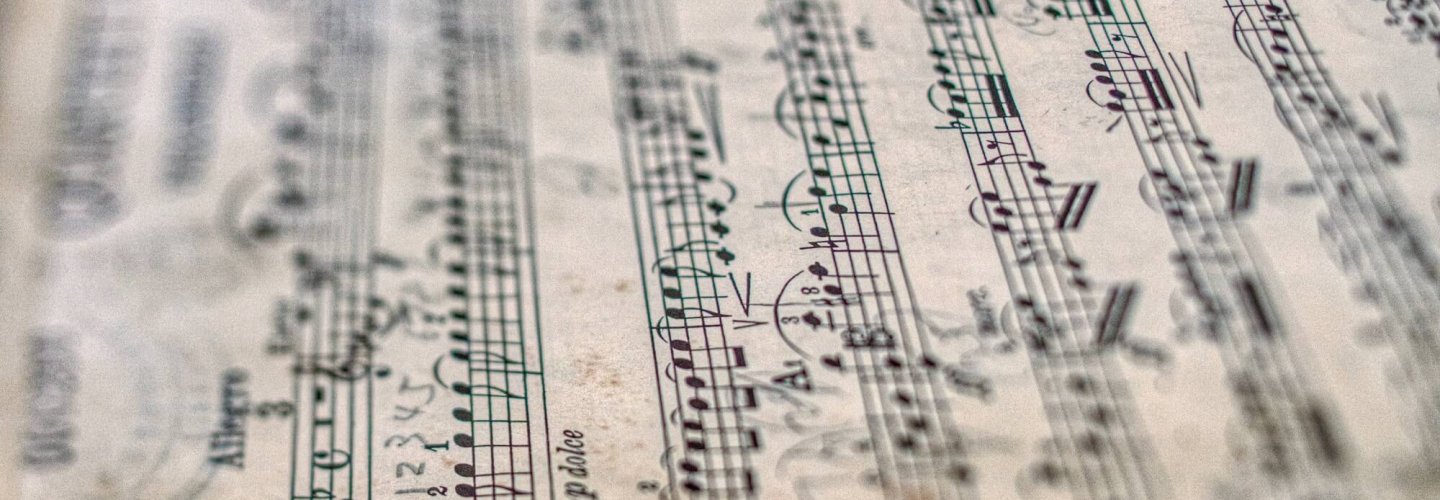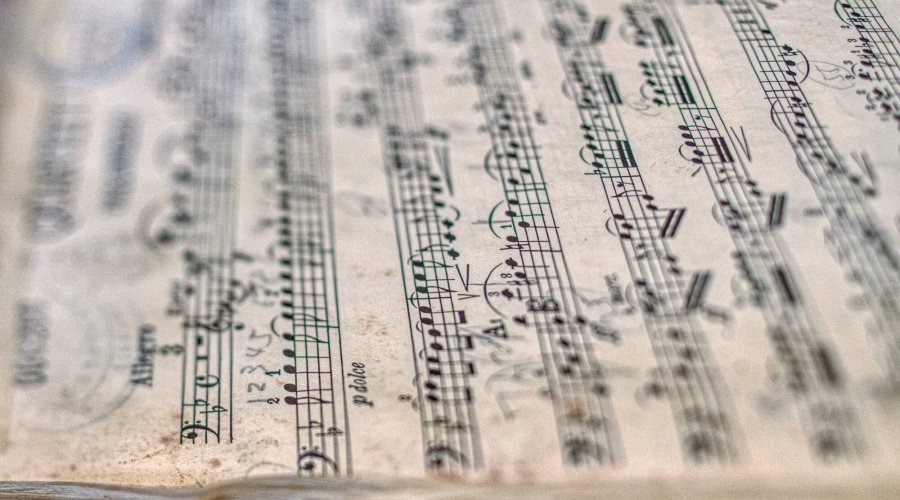You’ve mastered your craft and you’re sitting on a goldmine of great songs but you have no idea what to do next? Looking at music publishing might be the right step for you.
What does a music publisher do?
In short, they deal with the business side of things and aim to increase the potential income streams for your songs to earn more royalties. Leaving you with time to do what you do best, write fantastic music!
More specifically, a music publisher deals with the copyright of the composition of your songs, not to be confused with a “sound recording” or “Master”. A Publisher just deals with the musical elements of the song thus protecting you as a songwriter and composer.
The process can be split up into five different subcategories:
Acquisition – Actively looking for new songwriters to work with and acquiring an artist’s catalogue.
Administration – Registering songs with collection societies globally e.g. PRS in the UK. A collection society collects the royalty payments when your song is publicly performed and distribute the royalties to you as the copyright owner.
Collection – Collecting your publishing related royalties – the money.
Exploitation – Finding licensing opportunities for your songs such as sync opportunities– getting your music placed in film, television, advertisement, trailers, video games and online content. As well as finding opportunities for covers of your songs and sourcing recording artists. Got a great song and need someone to record it? A publisher can help you find someone suitable.
Protection – Protecting your copyright against piracy, because after all of your hard work, you wouldn’t want anyone copying your music.
How can I make money from my songs?
Of course, money makes the world go round and as a songwriter it can be difficult to see ways in which your music can make money for you. However, the good news is that a publishing company can help you source income from a number of different sources. These include performance royalties, mechanical royalties, sync licenses and print rights.
A music publishing deal – the key terms
It may seem like an intimidating concept, approaching a publishing company and offering up your precious songs to a side of the industry that you may know very little about. Therefore, we have defined some key concepts to help you understand the terminology when approaching a music publishing deal:
– An “exclusive” deal is a deal in which your song is tied up for an agreed period of time.
– A “non-exclusive” deal is the total opposite, you have the opportunity to look and move elsewhere at any time or the option to be represented by multiple publishers at the same time.
– A “single song assignment” is when the writer and publisher agrees a deal for just one composition, the writer is free to sign deals for the rest of their catalogue wherever they choose.
– The word “term” refers to how long a deal lasts.
– “Territory” refers to the specific area in which the publisher plans on exploiting the music. Remember the term “exploiting” just means finding licensing opportunities in this context, nothing bad.
– “Royalty split” is the agreed percentage split of the money that a song makes, split between the writer and publisher.
– The term “advance” refers to when a publisher pays an artist a “pre-payment of royalties”. Also known as a “minimum guarantee”. So as a writer, you get paid money upfront! Remember that this is recoupable though and you won’t receive any further royalties until your advance has been paid off.
– Some publishers might offer an “administration” only deal. This refers to the registration of the tracks with collection societies and tracking down the usage of your song. Another thing off your mind. However, in this kind of deal, the publisher deals with the admin only, they do not look for sync licensing opportunities.
– On the other hand, some companies may act as a “Sync agent”. They try to increase your royalties by getting your music placed in film, TV, adverts and video games. But, they will not deal with the administration of your songs, they just focus on sync licensing opportunities.
– Publishers can provide both of the previous services (admin and sync) or they might just specialise in one of these areas. It is the writers decision to have one company doing both, or to have one company dealing with their sync and another taking care of their admin. It is recommended to research the strengths of a publishing company before working with them.
A lot to take in, but the bottom line is that a music publisher tries to find new opportunities for you to make money from your music and takes a cut of the royalties for their service. If you have any further questions about music publishing contact us, or join the discussion in the comments section below.

